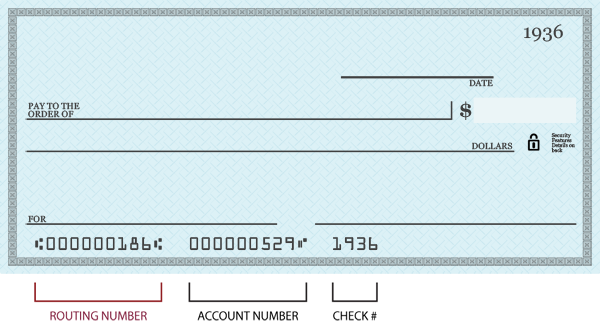While it's absolutely true that insurance is one of those things you hope you never have to use, it's a necessary commodity and a critical way to protect yourself in the event that the unexpected happens.
The most common types of insurance include health insurance, auto, home and life. One of the key things to understand is that even though insurance is essential, you should not pay any more than you need to for coverage. In fact, there are a number of different ways you can save money without sacrificing the quality of an insurance policy. Let’s explore them.
Auto Insurance
The best way to save money on your auto insurance involves taking advantage of any and all discounts that are available to you. These will vary depending on your provider, but you may be able to capitalize on safe driver points, multi-vehicle discounts, student discounts, AAA discounts and more. Another option to lower your premium is to select higher deductibles for the comprehensive and collision coverage, but only do so if you can cover the deductible if you need to file a claim.
Also, ensure you have the proper mileage coding for each vehicle. For instance, if you have been driving significantly less during the COVID-19 pandemic, you may fall into a lower mileage category and might save some money on this portion of the policy. And, certainly call your agent if you are now working remotely and not commuting daily!
Most importantly, maintaining a safe driving record is one of the best ways to continue to keep your rates favorable over the long term.
Health Insurance
As health insurance is the most expensive type of insurance out there, it stands to reason that this is the one you want to focus the majority of your efforts on to ensure you are not over paying for coverage. If you have health insurance through an employer, you should carefully review the plan options to take full advantage of everything they offer. Many employers offer different levels of coverage so employees can save money by picking an option that works best for them.
Although, health insurance is no longer mandatory at the federal level, many states require residents to have a minimum level of coverage. If you have to purchase your own insurance, the first thing to do is check out websites such as GetCoveredNJ to learn if you qualify for free or low-cost insurance. This site is the state’s official health insurance marketplace and is a valuable resource for consumers shopping for and purchasing health insurance.
A great way to manage healthcare costs is to open a Health Savings Account (HSA) to set aside funds to pay for future medical expenses. This is especially beneficial if you have a high-deductible health plan.
Life Insurance
When it comes to life insurance, the most important thing to know is that this type of insurance is meant to help your loved ones during a difficult time. Even if you are single, having life insurance can be beneficial to help your family handle your estate. But what may be totally fine when you are single probably will not be sufficient if you are married or have a family. It’s important to shop around to find the best life insurance policy that meets the needs for your current life stage. Check out our Calculator to help you determine how much life insurance you need.
Tip: Review some FAQs about this type of coverage in What You Need to Know About Life Insurance.
Home Insurance
This coverage is a must for any homeowner whether you own your home outright or have a mortgage. It provides protection of your investment from loss or damage and usually covers furnishings and other assets. Some plans also include liability coverage in the event of certain kinds of accidents that could happen inside your home or on your property.
When shopping for home insurance, always take time to look for providers that offer discounts that work to your advantage. If you have a sprinkler system or security alarm, you might be able to get a reduction on your monthly premiums simply by making these things known when signing up for your policy. And make sure to inquire about discounts your provider may offer to those in the military, nursing, or teaching fields. It is also important to know that certain things you own such as a pool, a trampoline or pets, may raise the cost to insure your home.
Review the limits of your policy at least once a year to make sure that A) you have adequate coverage, and that B) you're not paying for more than what you actually need. If you have recently downsized into a smaller home, for example, the same policy you had before the move could be overkill.
Additional Considerations
Regardless of what type of insurance you're looking for, you should always shop around to compare features, benefits and premiums to make sure you're getting a policy that is best for you. Bundling your policies together with the same provider usually affords substantial savings over paying for separate policies with multiple companies. Your deductible is another area to examine. Raising your deductible as high as you are comfortable with will reduce your monthly premiums.
In the end, insurance is a critical component to any good financial plan because it can help protect you from financial loss. It offers support against future risks, accidents, and uncertainty, and because of all this it is important to take the time to make sure you have the proper insurance coverage. While it may seem too expensive, the risk of financial loss due to unforeseen circumstances could be financially devastating. Spend a little time to research and compare policies and you can find ways to reduce the costs of having insurance.
Did you know that there are five estate planning documents you may need, regardless of your age, health, or wealth? Find out what they are in our blog The Key Estate Planning Documents You Need.




